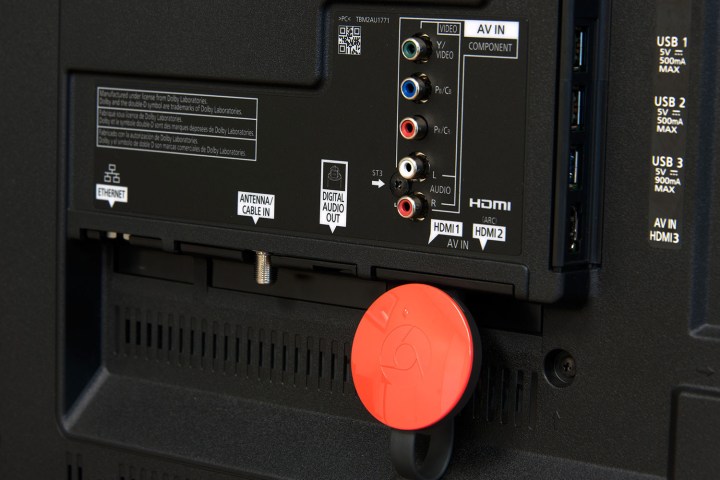
On Wednesday, Google’s Francois Beaufort drew attention to a cast-related Chrome feature that vastly improves Chromecast tab stability. Before, videos mirrored from tabs had to pass through several encoding steps before they reached the target Chromecast — they had to be rendered, re-encoded, and then beamed over the network. The new system sends video to the Chromecast directly, trimming the overhead and improving performance.
You can test the improved tab casting now, if you aren’t afraid of a little elbow grease. Download and install the Chrome Developer channel, then type “chrome://flags/#media-remoting” (without quotes) in the address bar and hit enter. Hit the Enable button, and you’re golden.
Test it by navigating to any website with a built-in video player, like Vimeo, Ustream, Livestream, or Facebook. Play a video, and then click the Cast button in the Chrome Settings menu.
The new feature’s a boon for low-powered laptops and desktops, which often struggle to encode videos efficiently. And it’s good news for folks who use services unsupported by Chromecast, like Amazon’s Instant Video.
This move is all the more relevant in light of Chromecast’s continued expansion. This week, Nvidia’s Shield TV set-top box gained support for 4K casting from select apps. And last year, Google launched Chromecast built-in, an effort that saw casting capabilities being built natively into devices from Vizio, Sharp, Sony, Toshiba, Philips, Polaroid, and Skyworth.
The experimental casting feature remains under development, and Beaufort didn’t provide a timeline. But here’s hoping it hits public airwaves sooner rather than later.


